Credit: Twitter, TPUSA
While lefty non-profits like Media Matters for America, the Congressional Progressive Caucus Center, and state chapters of the American Civil Liberties Union are happy to accept government bailout funds intended to help small businesses keep people employed during our collective quarantine, Turning Point USA (TPUSA) announced Wednesday that they will not.
TPUSA, a 501(c)(3) organization, seeks “to identify, educate, train, and organize students to promote the principles of freedom, free markets, and limited government,” according to its website, and has built a network of chapters on college campuses around the country. On a national level, the group holds several large conferences a year. Obviously, with college campuses shuttered and a ban on large gatherings in place, TPUSA’s normal activities have been severely curtailed.
The group likely could have qualified for $1.2 million in loans through the Paycheck Protection Program (PPP) to keep its 200 employees on the payroll and cover operating expenses such as rent and utilities but decided not to apply, according to a statement released Wednesday:
“Our board instructed us to begin the initial process exploring this option, but today we are announcing we are rejecting any and all taxpayer aid and staying completely independent,” says Charlie Kirk, founder and president of TPUSA. “To accept this money would be to contradict every core belief we have at Turning Point USA. Big government still sucks.”
“There are other factors that contributed to our thinking,” continues Kirk. “We want to ensure other patriotic small businesses continue to have access to the funds. In the weeks and months to come, if we see great American businesses shutter while left-wing activist organizations get funded, this decision will allow us to be a voice that can hold them accountable. We will just have to work twice as hard to make up any shortfalls we might experience, but we are proud to be privately and independently funded and we will remain that way in perpetuity.”
Companies who receive more than half of their revenue from political or lobbying work are not eligible to participate in the PPP but some nonprofit groups, many of which are involved in political issue advocacy, are eligible, according to the New York Times:
A provision in the legislation, which socially conservative organizations recommended to Republican lawmakers, made clear that certain nonprofit groups could apply as well. The provision opened the door for taxpayer funding to subsidize well-connected organizations that are part of the political fray in an election year. And at least a few groups — on both sides of the political spectrum — decided to apply, so far with mixed results.
For conservative nonprofits ideologically opposed to government handouts, choosing to pound the pavement in search of private funding sources instead of taking part in the PPP is the right thing to do.
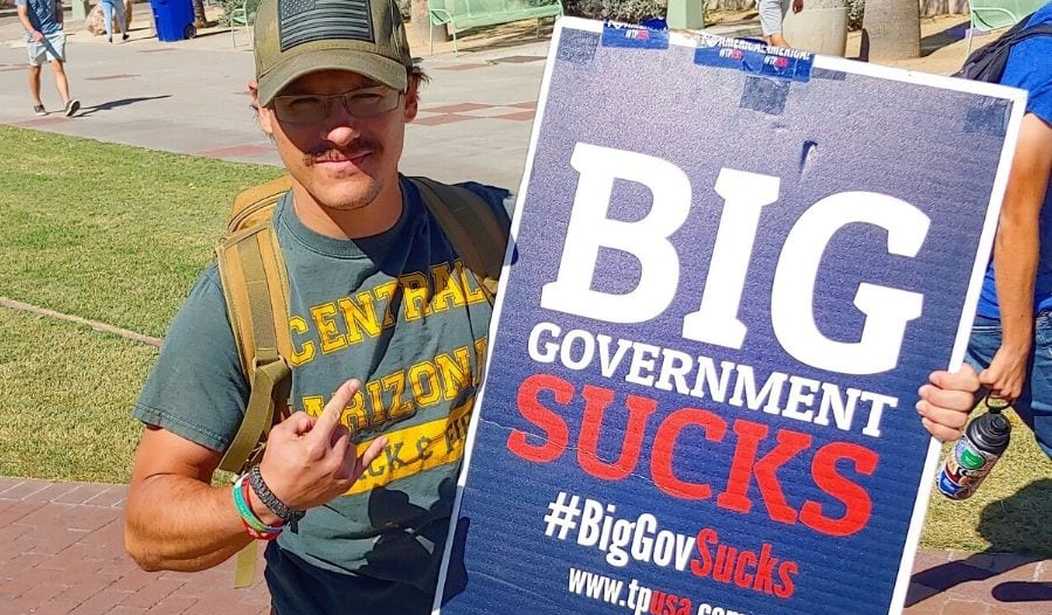
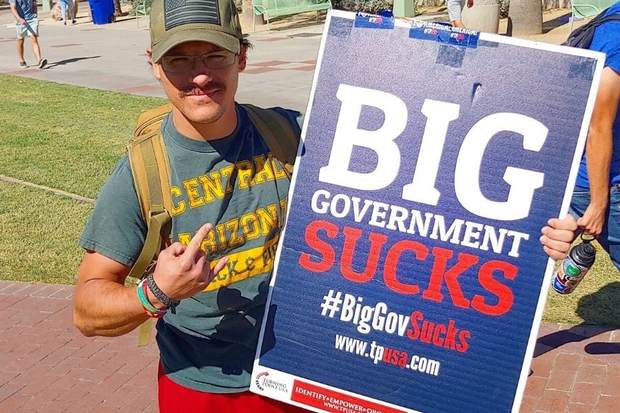








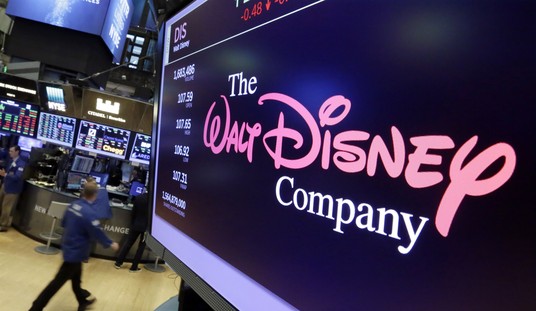

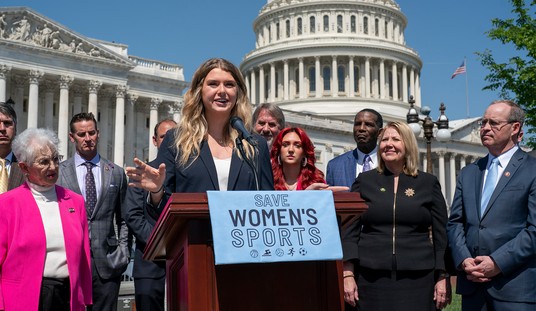

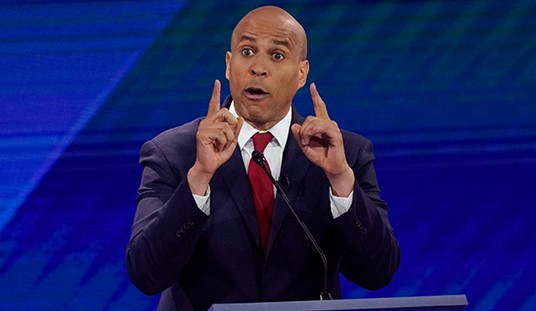
Join the conversation as a VIP Member